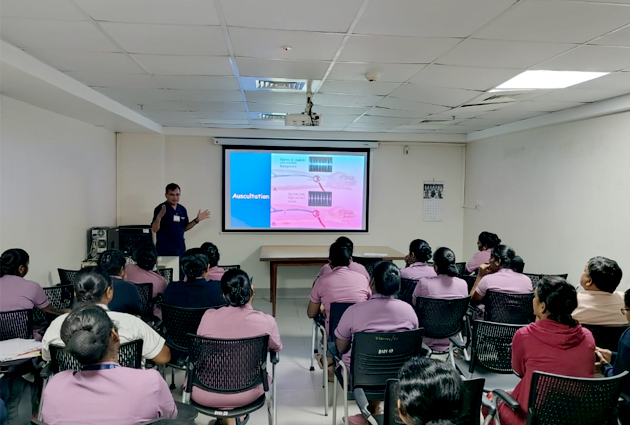Conclusions of Mexico City – Latin America unites against Kidney Disease
The first ISN Policy Forum welcomed more than 200 participants representing over seven Latin American governments, policy makers, nephrologists, researchers, patients and other relevant stakeholders. They committed to the Conclusions of Mexico City, a 12-point set of measurable actions to curb the burden of kidney disease worldwide, specifically focusing on Latin America.
ISN President Adeera Levin stated: ‘Faced with a magnitude of health and other social and environmental challenges, policy makers need cost-effective impactful health care solutions that are supported by strong evidence and best-case examples.’
Moderating discussions, Editor-in-Chief of The Lancet, Richard Horton stated: ‘Today’s call is crucial to better educate the public and strengthen the commitment of policy makers about kidney health; strive for the implementation of early detection, preventive and treatment strategies for acute kidney injury as well as of integrated early evidence-based treatment for chronic kidney disease.’
By aligning themselves with the Conclusions of Mexico, Forum participants agreed to promote the United Nations’ Sustainable Development Goals; develop and implement integrated non-communicable disease programs addressing chronic kidney disease (CKD) risk factors; implement and support surveillance mechanisms such as robust national and regional registries for acute kidney injury, CKD and end-stage kidney disease, and crucially ensure just and equitable access to kidney disease care including dialysis and transplantation.
The Forum was also a chance to get a first glimpse of results stemming from the ISN GlobaL Kidney Health Atlas. David Johnson gave an overview of the survey, which outlines a comparative analysis and data synthesis of the trends in the burden of CKD and its consequences worldwide. It will become a platform for championing the cause using the identified gaps modelled on Universal Health Coverage (UHC) domains and build the foundation for a global CKD care surveillance network.
To read the full document, CLICK HERE.
For the summary of the ISN GKHA published in JAMA, CLICK HERE.










